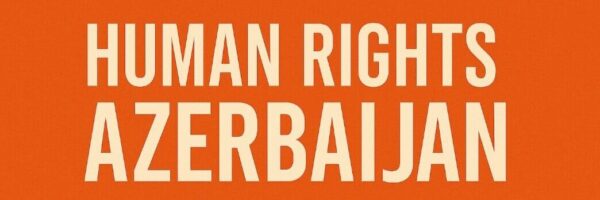(This is an excerpted opinion piece written by jailed journalist Ulviyya Ali and shared from prison with JAMnews.)
In a deeply personal letter from detention, journalist and political prisoner Ulviyya Ali reflects on the pervasive injustice in Azerbaijan—particularly the systemic violence and indifference toward the most vulnerable. Although she has been in prison for less than a month, she writes that tragic news continues to reach her even behind bars.
She cites recent cases:
- The mysterious death of 18-year-old Elgün in Ganja
- The murder of a 16-year-old girl in Sabirabad
- The discovery of a 15-year-old girl’s body in Imishli
“These events signal a collapsing social fabric,” she writes, lamenting that those demanding transparency in Elgün’s case are now being threatened and silenced by police.
Before her arrest, Ulviyya had investigated the rape and forced pregnancy of a 13-year-old girl in Aghjabadi. Her reporting prompted prosecutors to re-open the case—though the outcome was never publicly disclosed. She criticizes pro-government media for treating such cases as clickbait while blaming victims and deflecting attention from systemic failures.
“Independent journalism exists to reveal the festering wounds of society and seek remedies for healing,” she asserts.
Ulviyya condemns a government policy of burying problems instead of solving them, describing arrests of journalists as part of a broader strategy to silence dissent.
“But they forget—we are still the voice of society. Prison itself is a small version of Azerbaijan.”
She warns that behind the statistics of 365 political prisoners, lie untold stories of injustice—of trumped-up drug charges, fabricated confessions, and planted evidence used to fill quotas or close unresolved cases.
Ulviyya criticizes the mechanical nature of corruption:
“In this system, no one walks away empty-handed. Even those not directly involved benefit from the suffering of others.”
Her final words carry a message of resolve:
“What has been done to us is not just imprisonment—it is isolation from society. But like miners descending into the depths, we will continue to shed light on the lives and tragedies of the oppressed.”

